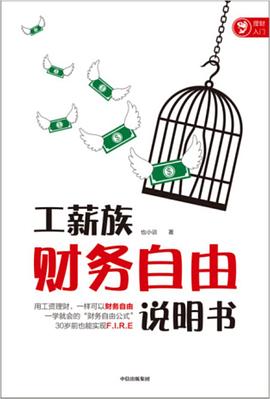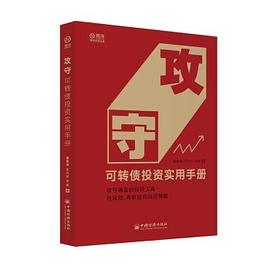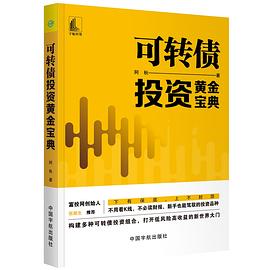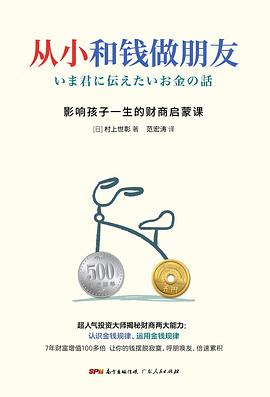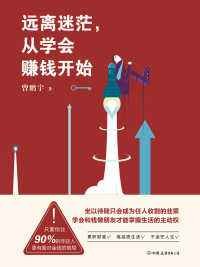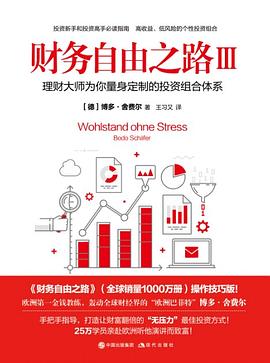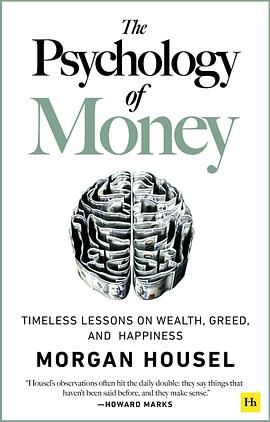

具體描述
Morgan Housel is a partner at The Collaborative Fund and a former columnist at The Motley Fool and The Wall Street Journal. He is a two-time winner of the Best in Business Award from the Society of American Business Editors and Writers, winner of the New York Times Sidney Award, and a two-time finalist for the Gerald Loeb Award for Distinguished Business and Financial Journalism.
Doing well with money isn’t necessarily about what you know. It’s about how you behave. And behavior is hard to teach, even to really smart people.
Money―investing, personal finance, and business decisions―is typically taught as a math-based field, where data and formulas tell us exactly what to do. But in the real world people don’t make financial decisions on a spreadsheet. They make them at the dinner table, or in a meeting room, where personal history, your own unique view of the world, ego, pride, marketing, and odd incentives are scrambled together.
In The Psychology of Money, award-winning author Morgan Housel shares 19 short stories exploring the strange ways people think about money and teaches you how to make better sense of one of life’s most important topics.
用戶評價
##◻️C10 儲蓄很重要,儲蓄是在增加對生活的掌控度。為一個大件(車子、房子ect.)儲蓄當然好,但即便沒有一個具體的目標,也應該儲蓄。製造儲蓄就是在製造冗餘(不僅是金錢上的冗餘,也是心力上的冗餘,後者比前者重要很多)。這章作者提到的另外一個觀點也讓我耳目一新:...
評分 評分##文筆不夠好,重點信息看最後兩章即可
評分 評分##還可以,最重要是要存錢,存錢,存錢,不要當月光族
評分 評分 評分 評分相關圖書
本站所有內容均為互聯網搜尋引擎提供的公開搜索信息,本站不存儲任何數據與內容,任何內容與數據均與本站無關,如有需要請聯繫相關搜索引擎包括但不限於百度,google,bing,sogou 等
© 2025 windowsfront.com All Rights Reserved. 靜流書站 版權所有

